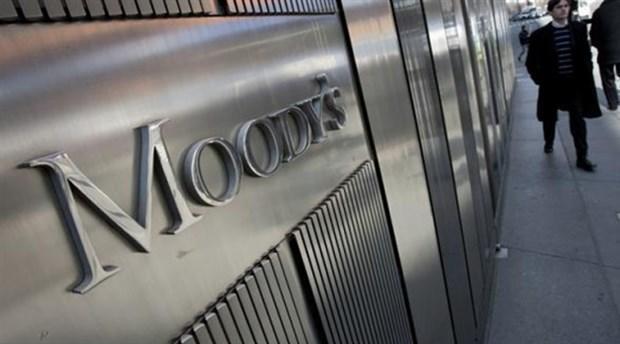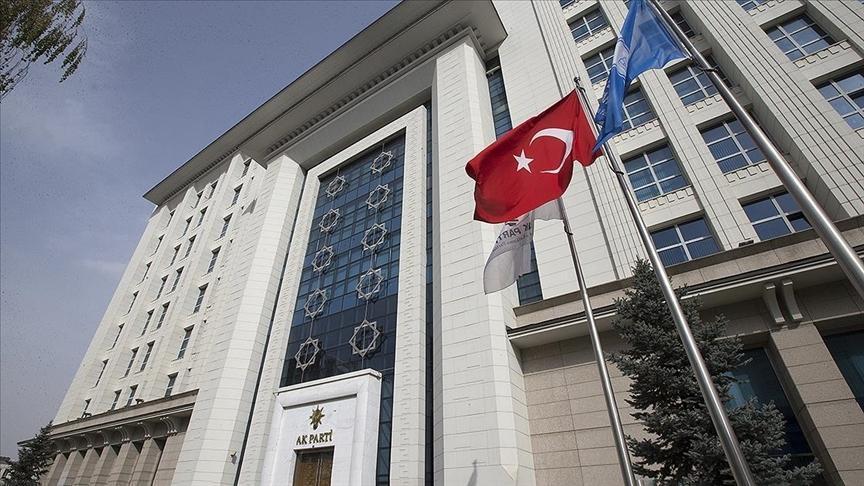Moody’s forecasts contractions in Turkey, Argentina in 2019
NEW YORK

Economic growth will decelerate across advanced and emerging market economies, Moody’s has said, noting that contractions in Turkey and Argentina, as well as a slowdown in China amid an escalation in trade war, will pull down aggregate G-20 emerging growth in 2019.
In a report, titled “Global growth to decelerate amid tightening global liquidity and elevated trade tensions,” Moody’s said they expected global growth to slow to under 3 percent in 2019 and 2020, from an estimated 3.3 percent in 2017 and 2018. Growth in G-20 emerging markets will decline from an estimated 5 percent in 2018 to 4.6 percent in 2019, followed by a pick up to 4.9 percent in 2020, according to the report.
“Turkey’s economy has likely entered recession. Turkey’s economy began decelerating rapidly in the third quarter, in the wake of the currency crisis,” said Moody’s.
“Double-digit inflation, a steep increase in borrowing costs and curtailed bank lending are likely to weigh on household purchasing power, private consumption as well as investment, causing a severe contraction in domestic private sector demand. Besides being ineffective on the inflation front, the recently announced tax cuts on most will be too short-lived to provide more than a temporary boost to consumption, particularly amid very high interest rates that will curtail borrowing for expensive articles such as cars and appliances,” it added.
Moody’s expected the economy to contract every quarter through mid-2019, and forecast 1.5 percent growth in 2018 followed by a 2 percent contraction in 2019 and a 3 percent recovery in 2020.
Argentina’s economy will undergo a deep contraction, Moody’s also said.
“Economic growth has been volatile in previous years and will be negative through 2019 as a result of multiple shocks, including a historic drought, a prolonged currency crisis and a contractionary fiscal and monetary policy response. We expect the economy to contract 2.5 percent this year and 1.5 percent in 2019, followed by positive growth of 1.5 percent in 2020, as the currency crisis filters through the economy, amplified by severe monetary and fiscal consolidation under the IMF program,” it added.
Moody’s also added that the recently imposed tariffs on $200 billion worth of Chinese goods were likely to rise to 25 percent in January from their current 10 percent level.
In the U.S. and China, the overall direct macro impact on growth will be manageable, according to Moody’s.
“However, persistent and broadening tensions between the two largest economies globally are increasingly likely to have widespread negative implications by undermining investment,” it warned.
















